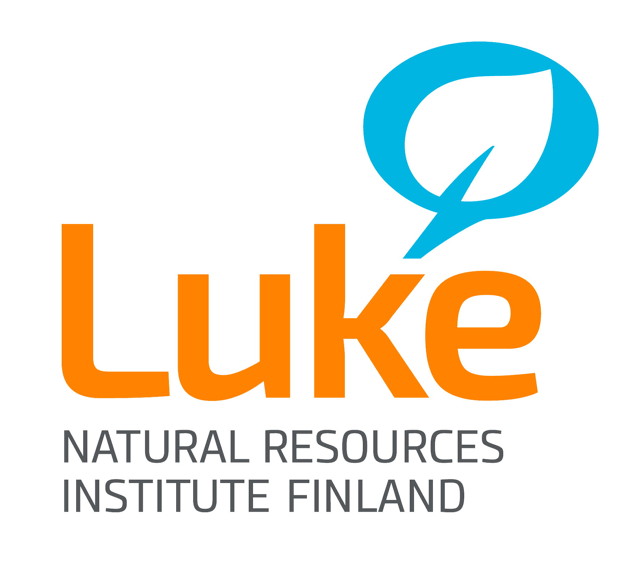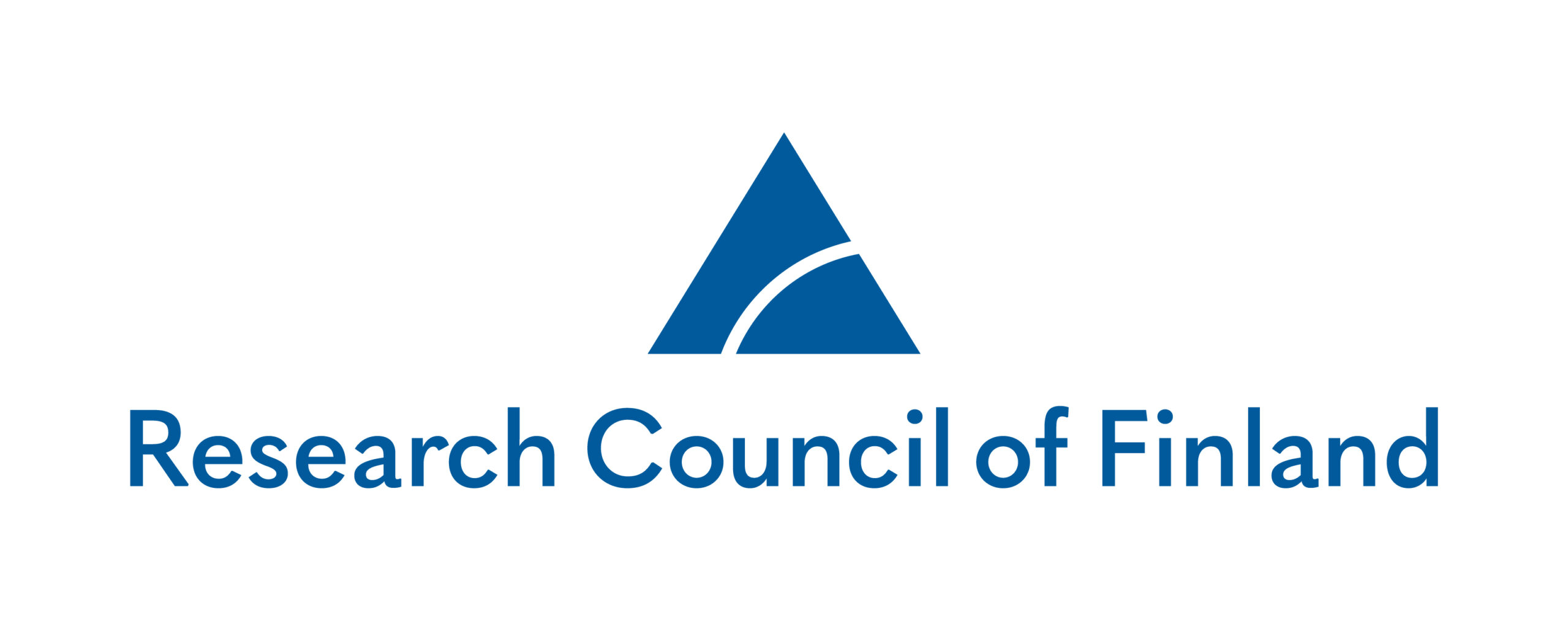We are delighted to present 4 wonderful keynotes speakers who will be joining the conference over two keynote sessions on May 7, 2025. The content of each session is described below and the speakers’ bios are under each of their names. Please click here for the full conference program.
Session 1 – 9:00-10:30 am Finnish Time (UTC+3)
Language Centre Juhlasali (3rd floor)
This joint keynote will be presented by Dany Celermajer and David Schlosberg from the Sydney Environment Institute. Their talk will explore Multispecies Justice (MSJ) and introduce their recent book Institutionalising Multispecies Justice.
Multispecies Justice is a theory and practice seeking to correct the defects making dominant theories of justice incapable of responding to current and emerging planetary disruptions and extinctions. Multispecies Justice starts with the assumption that justice is not limited to humans but includes all Earth others, and the relationships that enable their functioning and flourishing. The new book, Institutionalising Multispecies Justice, describes and imagines a set of institutions, across all scales and in different spheres, that respect, revere, and care for the relationships that make life on Earth possible and allow all natural entities, humans included, to flourish. It draws attention to the prefigurative work happening within societies otherwise dominated by institutions characterised by Multispecies Injustice, demonstrating historical and ongoing practices of MSJ in different contexts. It then sketches speculative possibilities that expand on existing institutional reforms and are more fundamentally transformational.
If you would like to find out more about the book, please visit the publisher web page.
Session 2 – 15:30-15:45 Finnish Time (UTC+3)
Language Centre Juhlasali (3rd floor)
This keynote session will feature talks from Christopher Raymond from the University of Helsinki and Sabaheta Ramcilovik-Suominen, from the Natural Resources Institute Finland.
Christopher Raymond will be presenting a talk titled, “Immersive co-creation environments to foster representation of and build empathy for multispecies’ concerns in nature-based solutions planning”.
Urban planning across Europe traditionally focuses on the assessment of the co-benefits and costs of nature-based solutions (NBS) from the position of human subjectivities. How to build empathy for and foster representation of the interlinked concerns of humans and other species in NBS planning and decision-making remains a major challenge. This presentation provides an overview of the MUST project’s audio-visual immersive environment as a co-creative space for engaging with multispecies justice. I focus on the opportunities and limitations presented by immersive representation of justice concerns, and present future research directions for interdisciplinary enquiry spanning environmental politics, human geography and ecology.
Sabaheta Ramcilovik-Suominen will be presenting a talk about the Just GLOBE project and the forthcoming Just GLOBE book, titled Socioecological Transformations: Linking Ontologies with Structures, Personal with Collective Change.
The Just GLOBE book features 15 chapters. Jointly, they highlight the ontological biases as the foundations of socioecological crises, the different ways of organising society (e.g. degrowth principles in managing tourism) and societal institutions such as education, as well as the examples of co-optation and deliberate narrowing down of radical transformations in policy processes surrounding green transition and global deforestation debates. Empirically, the book explores initiatives and attempts at transformations across geographies, policy processes, societies, and social movements in the Minority and the Majority Worlds. The first four chapters reflect on (i) concepts such as radical interconnectedness, as emerging from the eastern teachings and traditions, (ii) deep relationality drawing from Yup’ik indigenous peoples in Alaska, (iii) relevance of ancestral knowledge and rituals of Yawanawá peoples for personal transformations, and (iv) the ontological shifts through the work with land and more-than-human across regenerative farms in the Minority and the Majority Worlds. The rest of the book present attempts at transformations, some of which involve social mobilization and action at higher institutional levels, while others are examples of citizens and communities coming together at grassroot, village, or municipality levels. They outline the challenges related to ecological livelihoods in small-scale farmers in Finland, practitioners and municipalities engagements for a place-based shadow forests in Sweden, citizen movements for degrowth tourism in Spain, and decolonization and resistance in intercultural education in Ecuador and epistmeicide and scolasticide in Palestine. Finally, cooptation of transformations in policy processes related to EU green transition and bioeconomy and the EU-driven anti-deforestation policies in Honduras, and their engagement with different indigenous groups in the country.
Keynote Bios (listed in alpha order by last name)
Danielle (Dany) Celermajer
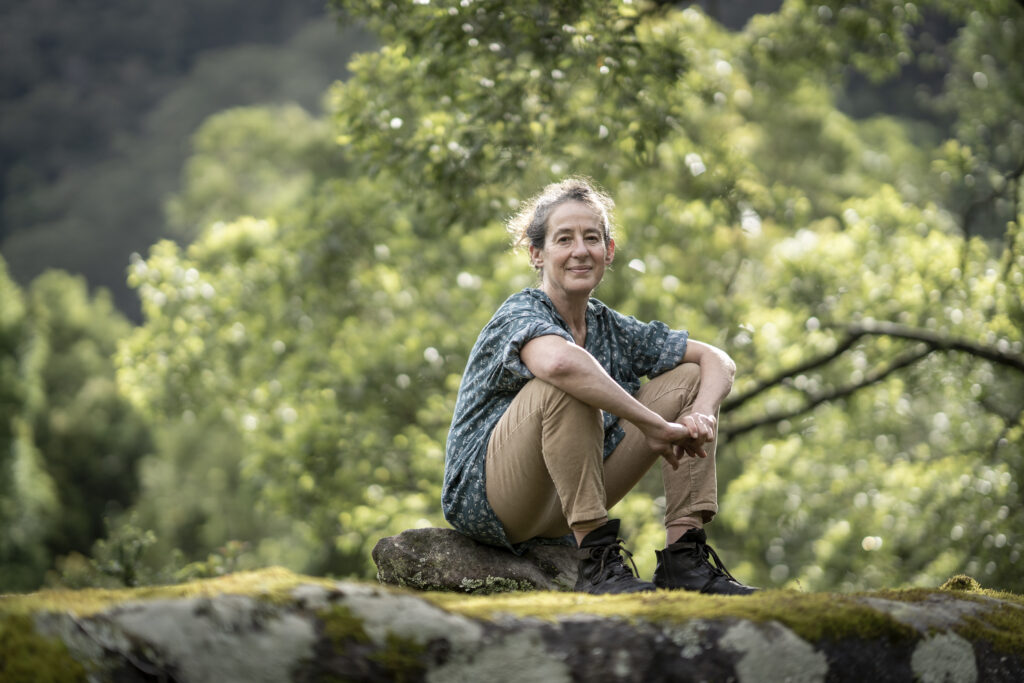
Danielle (Dany) Celermajer is a political theorist with a focus on justice. She is Professor of Sociology and Criminology, Deputy Director of the Sydney Environment Institute and lead of the Multispecies Justice project. Her books include Sins of the Nation and the Ritual of Apology and The Prevention of Torture: An Ecological Approach (both with Cambridge University Press 2008 and 2018), with Richard Sherwin, A Cultural History of Law in the Modern Age (Bloomsbury 2019), with Alex Lefebvre, the Subject of Human Rights (Stanford University Press 2020), and with Moira Gatens and Millicent Churcher, Institutional Transformations: Imagination, Embodiment, and Affect (Routledge 2021).
In recent years she has turned her attention from intra-human injustice to injustices and violence against the more than human world. Through the experience of living through the black summer bushfires with a multispecies community, she began writing about a new crime of our age, Omnicide. Her creative non-fiction book, Summertime; Reflections on a Vanishing Future (Penguin Random House, 2021) was written in recognition of the critical urgency of conveying the complex conceptual recognition of the multispecies harms of the climate catastrophe in ways that can provoke affect and hence action.
In her work on multispecies justice, she is now involved in a number of international collaborations including Animals in the Room and the More than Human Life (MOTH) project. Her latest book, co-authored with other members of the Multispecies Justice Collective including David Schlosberg, is Institutionalizing Multispecies Justice, Cambridge University Press, 2025.
She lives as part of an intentional multispecies community in Dharawal country on the south coast of NSW.
Sabaheta Ramcilovik-Suominen
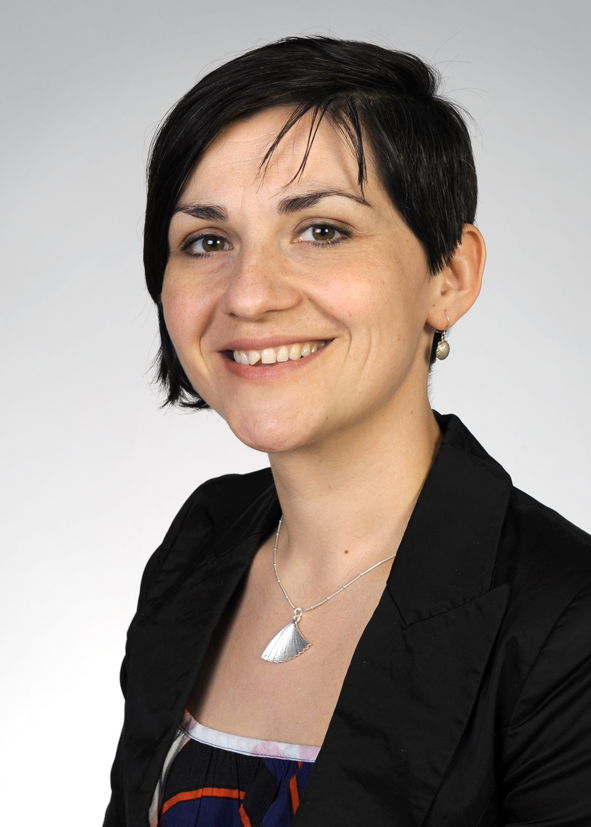
Sabaheta Ramcilovik-Suominen, PhD, is an Associate Research Professor and Academy of Finland Research Fellow at Luke. She holds a PhD with in International Forest Policy and Governance from the University of Eastern Finland (UEF), where she is also a docent in Global Environmental Justice. She applies political ecology, decoloniality and environmental justice lenses to shed light on the unequal power relations, domination and inequalities, corporate and state-backed land grabbing. She studies those in the context of international and EU policies promoting green growth, bioeconomy, carbon forestry and forest legality, mostly in Ghana and Laos. Inspired by local responses, movements and struggles for change, her more recent work focuses on socioecological transformations towards postgrowth, anti-colonial and just futures.
Christoper Raymond

Professor Christopher Raymond is a Human Geographer and Professor of Sustainability Science based at the Ecosystems and Environment Program, University of Helsinki. He is co-affiliated with the Helsinki Institute of Sustainability Science (HELSUS) and the Department of Economics and Management, University of Helsinki and leads the Human-Nature Transformations Research Group . He is currently the Executive Director of the International Association of Society and Natural Resources and Director of the Enabling Multispecies Transitions of Cities and Regions (MUST) Strategic Research Council Project. Prof Raymond’s research focuses on the conceptualisation and assessment of the multiple values of nature, environmental and multispecies justice, participatory planning and nature-based solutions planning.
David Schlosberg
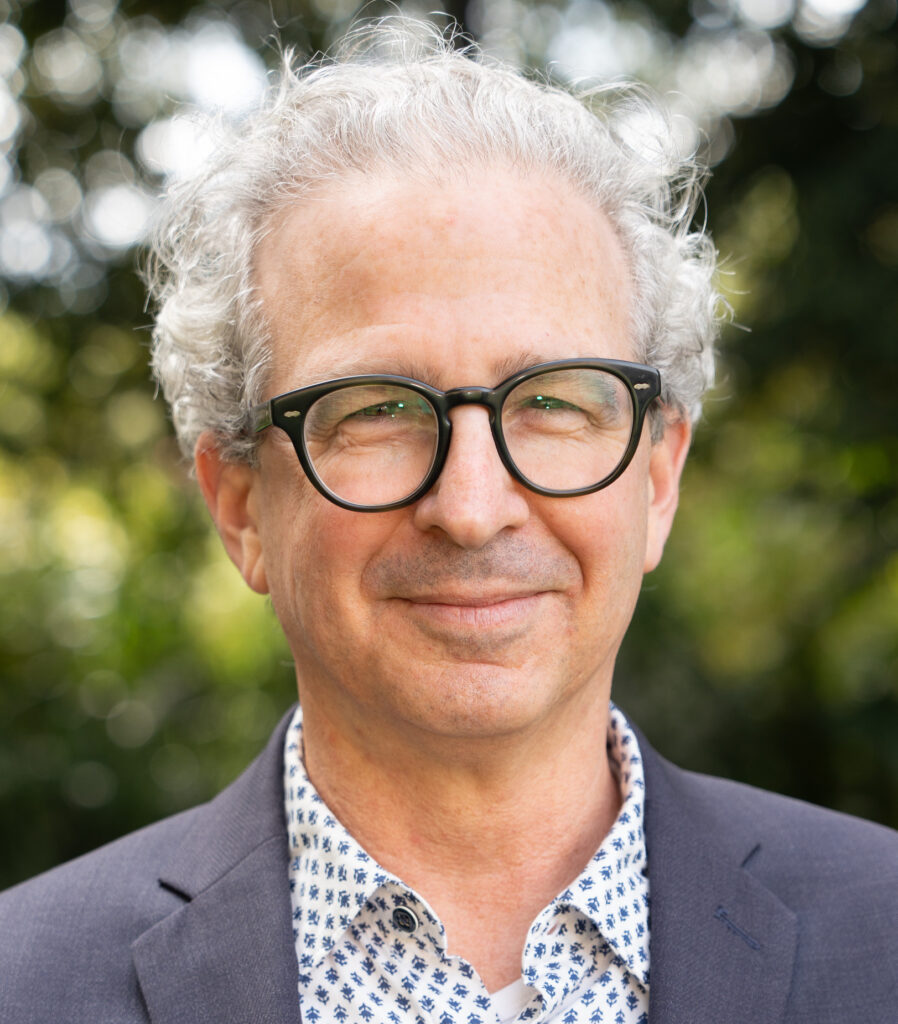
David Schlosberg is Director of the Sydney Environment Institute and Professor of Environmental Politics at the University of Sydney. Schlosberg’s main interests are in environmental politics, environmental movements, and political theory, and in particular the intersection of the three with his groundbreaking work on environmental, ecological, and multispecies justice. He is best known for developing a key framework for understanding environmental justice that encompasses equity, recognition, participation, and capabilities. His other work focuses climate justice, climate adaptation and resilience, and environmental movements and the practices of everyday life. Schlosberg’s more applied work, with a range of government and civil society partners, includes justice in adaptation and resilience planning and community-based responses to climate disasters. Schlosberg is the author, co-author, and co-editor of numerous books, including Defining Environmental Justice (Oxford, 2007), Sustainable Materialism: Environmental Movements and the Politics of Everyday Life (Oxford 2019), and Institutionalising Multispecies Justice (Cambridge 2025).


